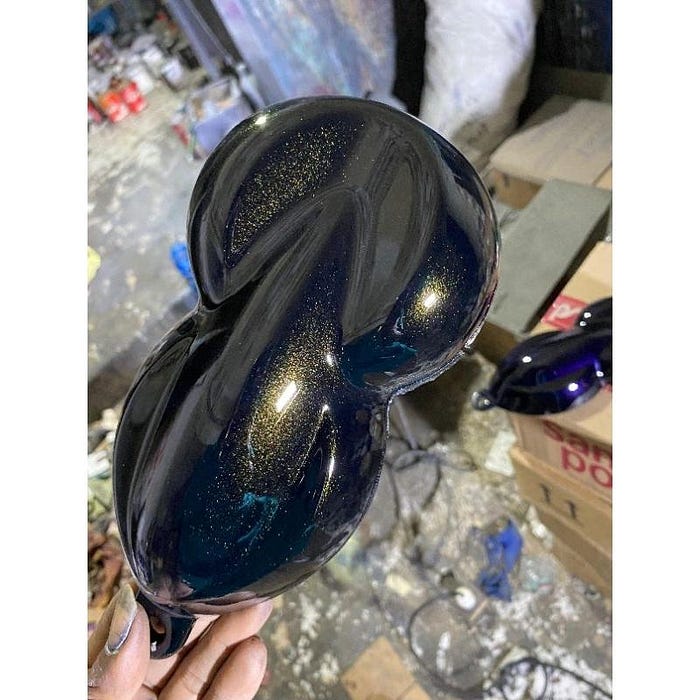Phrenology is the pseudo-science of studying bumps on the skull ("When the forehead is perfectly perpendicular, from the hair to the eyebrows, it denotes an utter deficiency of understanding").
Phenology is...
... the study of plant and animal activities and when they occur each year. Phenology is a real science that has many applications. In farming and gardening, phenology is used chiefly for planting times and pest control. Certain plants give a cue, by blooming or leafing out, that it's time for certain activities, such as sowing particular crops.... Indicator plants are often used to look for a particular pest and manage it in its most vulnerable stages. They can also be used to time the planting of vegetables, apply fertilizer, prune, and so on....
We were worried that we were going to have a freeze last night, and Meade said to look at the lilacs. They're an
indicator plant. If they're opened up, then we would not get a frost. Those within earshot all thought —
But how does the lilac know the future? I was going to the Arb, and I made sure to photograph the lilac:

It's indicating that there will be no freeze, and sure enough, there was no freeze. The lilac knew. There was a lack of lie in that indication.
Another thing about yesterday:
It was the 50th anniversary of the release of The Beatles' "Let It Be." That includes "Dig a Pony," which has those lines: "You can celebrate anything you want... You can penetrate any place you go... You can radiate everything you are... You can imitate everyone you know... You can
indicate everything you see... You can syndicate any boat you row..."
John Lennon wrote that song, which he called "a piece of garbage." Wikipedia says it has a "multitude of strange, seemingly nonsense phrases which were strung together in what Lennon refers to as a Bob Dylan style of lyric." I don't trust these putdowns. That's a way of speaking to the press (a
Bob Dylan way by the way). But "Dig a Pony" — with all its "-ate" words — does feel like Bob's
"analyze you, categorize you, finalize you, or advertise you...."I'm willing to believe you can celebrate anything you want, penetrate any place you go, radiate everything you are, imitate everyone you know, and indicate everything you see.
Look! There's the lilac, telling the truth again.I left out "syndicate any boat you row" because that's getting into metaphor.
Genius lyrics tells me "syndicate" is a British way to say "incorporate," and, at the time, The Beatles were turning themselves into "Apple Corps." To get back to phenology:
"When apple trees shed their petals, sow corn."ADDED: That link on "it was the 50th anniversary of the release of The Beatles' 'Let It Be,'" goes to my son John's post at Facebook. John states a preference for the song order in a later version of the album:
The joyously driving "Get Back" is moved from the end to the beginning (in contrast with the original album's first song, "Two of Us," which is beautiful but wasn't a particularly exciting way for a rock band to kick things off).
I said:
"Two of Us" is seared into my head as the way this thing begins. Nothing else feels right. But then, I always listened to side 2 of "Abbey Road" first, making it begin with "Here Comes the Sun." I like the quiet, hopeful beginnings. I guess the notion of "side 2" doesn't even make sense anymore, hasn't made sense for the last quarter century. And yet, I still have my 50 year old LPs.
I could do without John (Lennon) yelling at the beginning. "'I Dig A Pygmy' by Charles Hawtrey and the Deaf-Aids! Phase one, in which Doris gets her oats!" That was Phil Spector's choice, I'm reading. Is it racist? It's always felt ugly to me. But now I'm reading that "Deaf-Aid" is a Britishism for hearing aid, and that "Doris gets her oats" means Doris is getting regular sexual intercourse.
That "I Dig A Pygmy" business begins the album and goes right before "Two of Us." Only later in the album do we reach the song titled "Dig a Pony," which doesn't really have a pony in the lyrics. It's just John (Lennon) announcing "I Dig a Pony" before beginning the song. It's Phil Spector who is responsible for editing in these spoken-word bits.
ALSO: I edited this post to change the song title to "Dig a Pony." I'd had it as "I Dig a Pony," but now I'm seeing
on Wikipedia that "Early American pressings of
Let It Be mistitled this song as 'I Dig a Pony.'" I take issue with "mistitled." The album that was bought here in America the day it came out 50 years ago and that I've kept all these years has the correct title in my world.
In any case, the original
Beatles title for the song was "All I Want Is You" (rhymes with Bob's "All I Really Want To Do" (quoted above)).
And Phil Spector is in prison.


